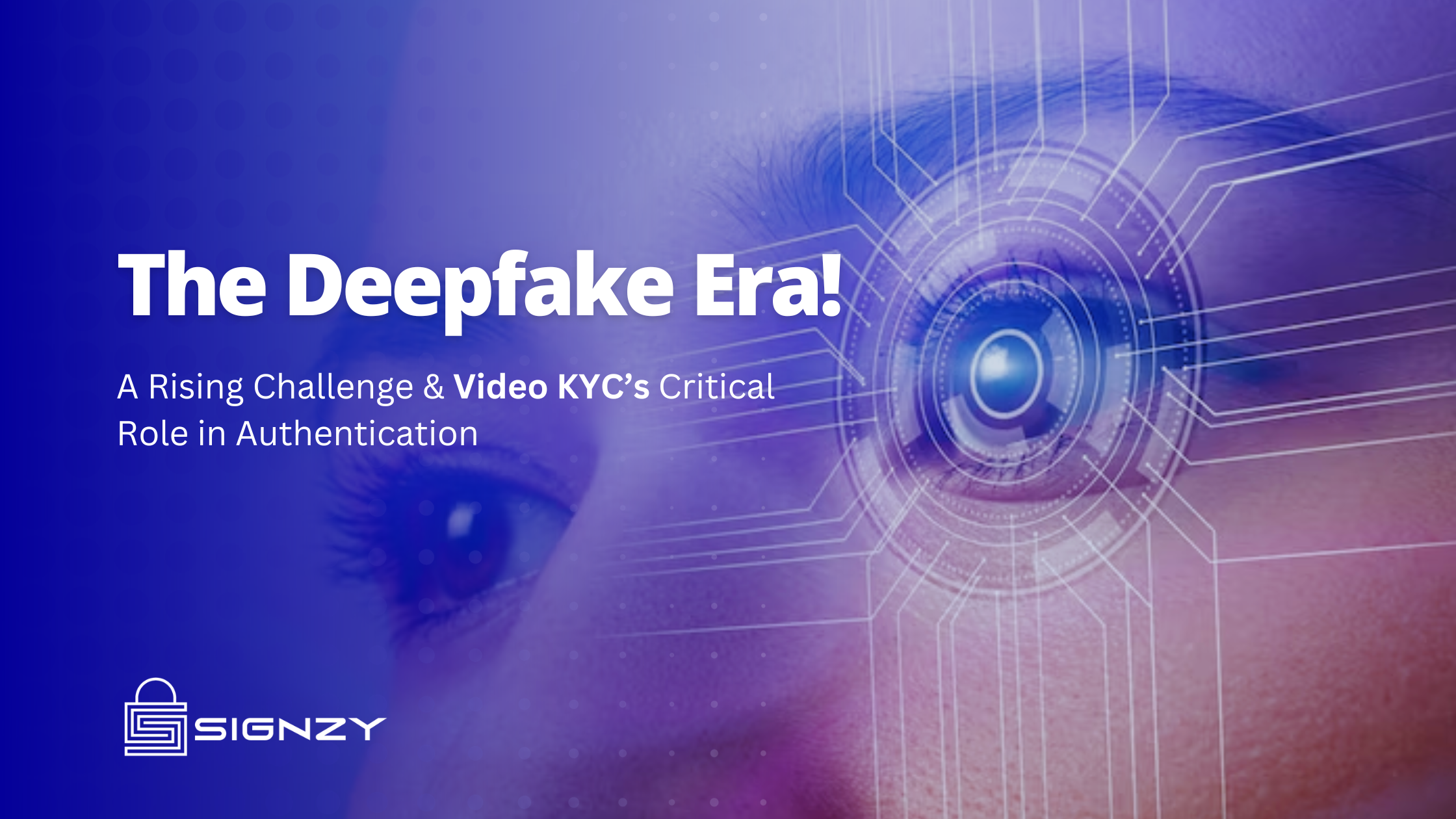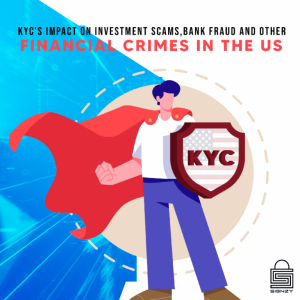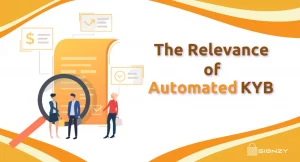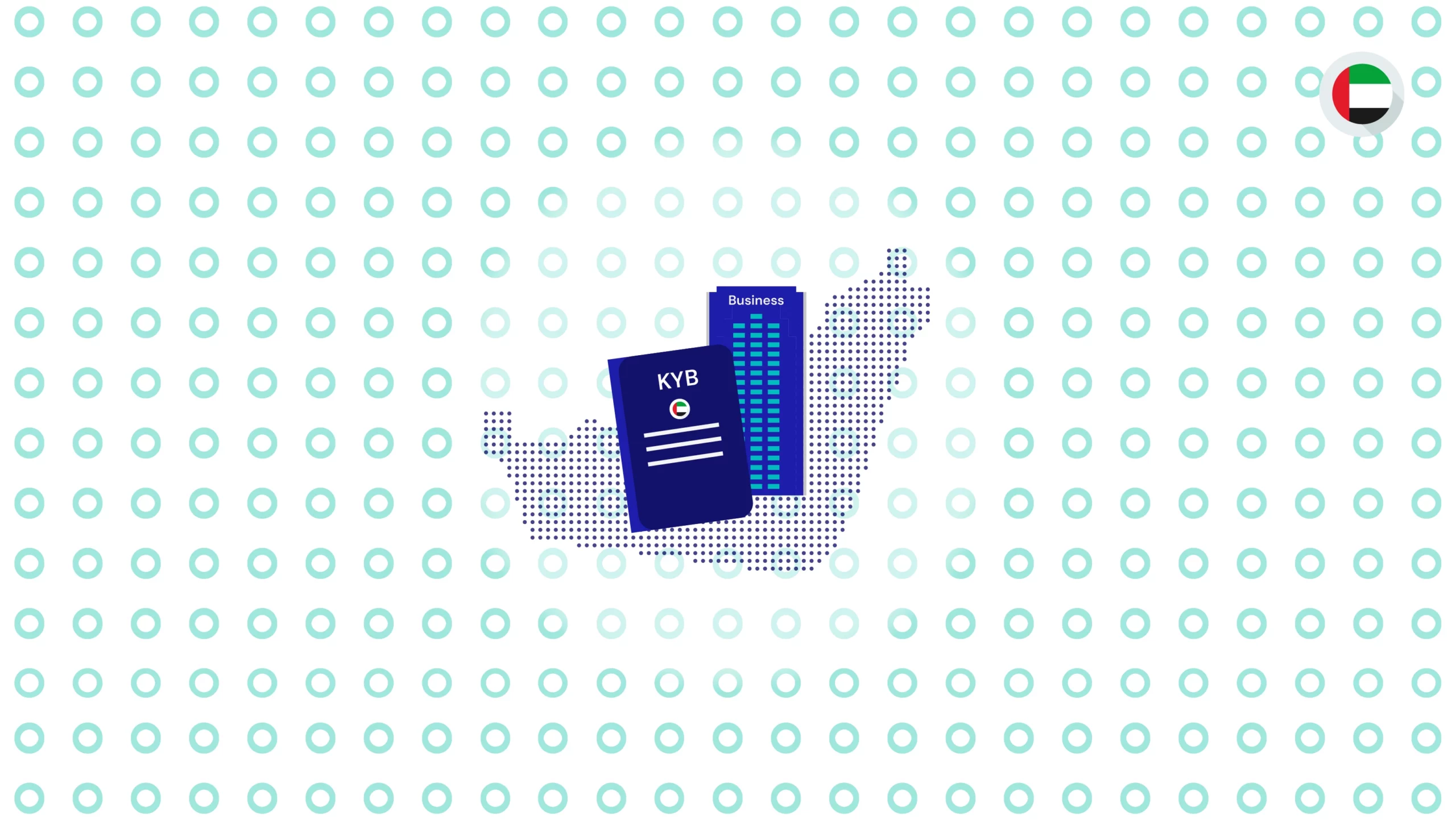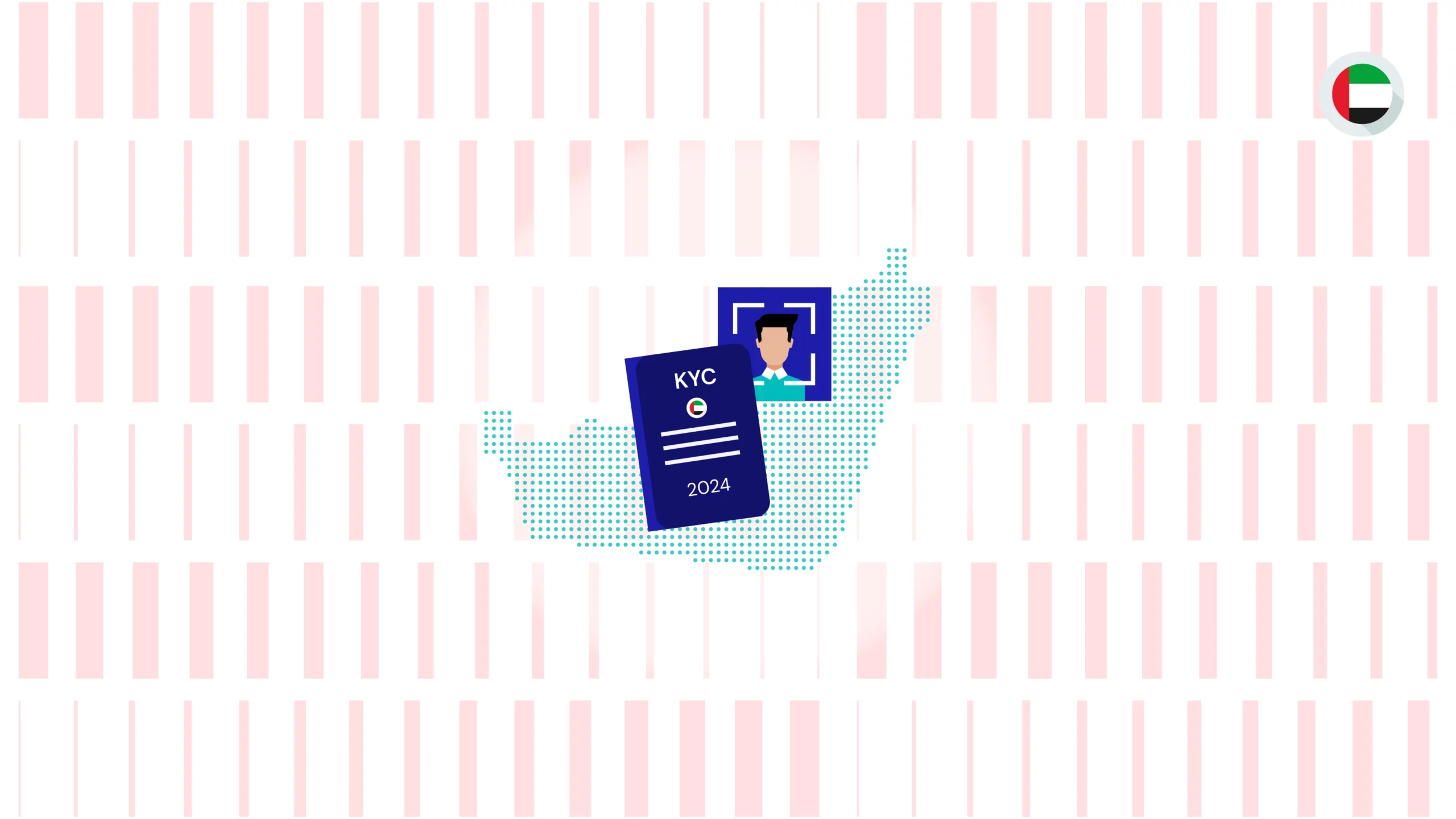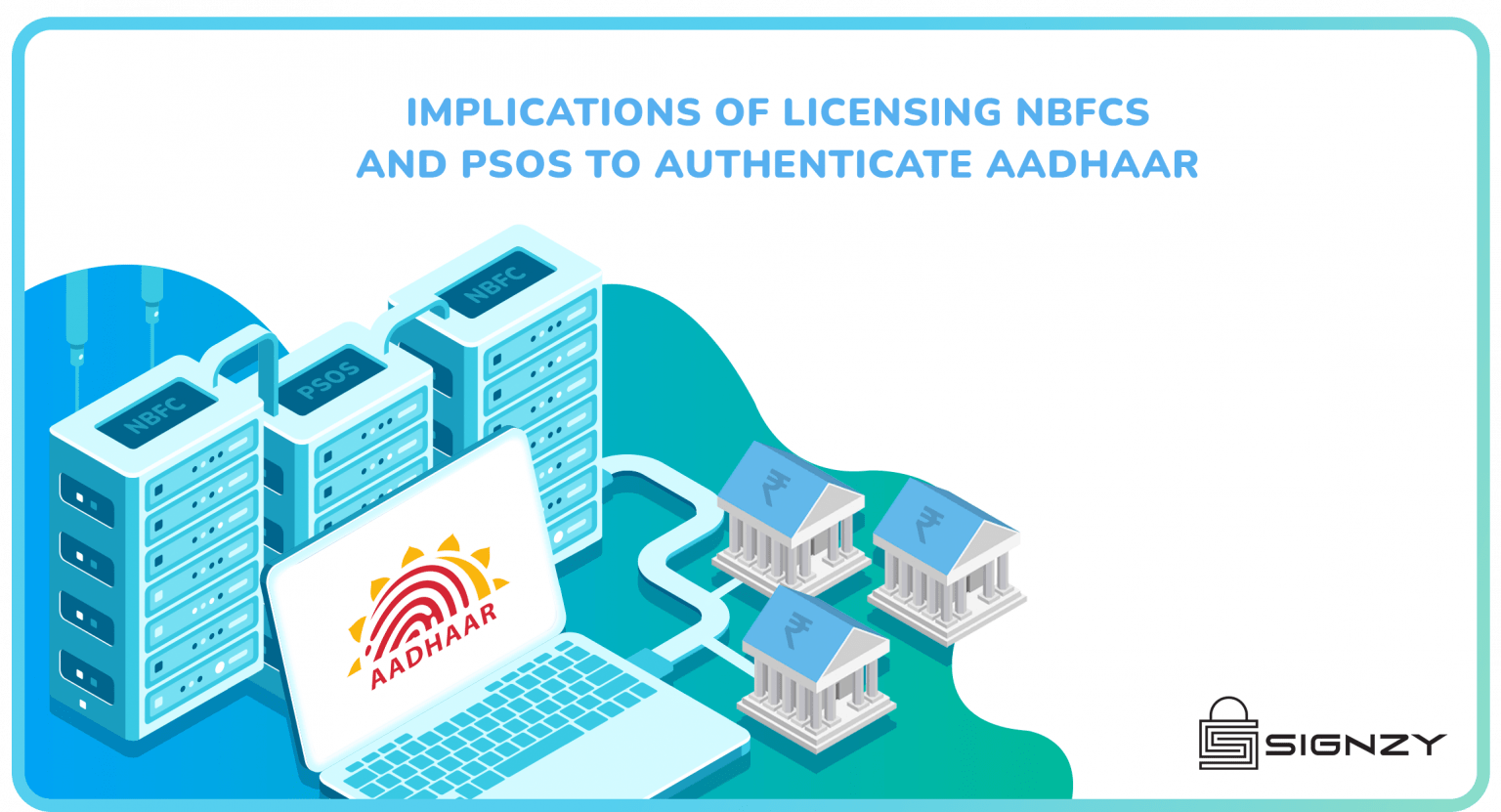Deepfakes: A Rising Challenge and Video KYC’s Critical Role in Authentication
November 22, 2023
4 minutes read
In the ever-evolving landscape of cybersecurity, the rise of deepfakes presents a formidable challenge. Recent surveys underscore the urgency of this issue, revealing that 66% of cybersecurity professionals have observed the integration of deepfakes in cyberattacks—a significant 13% surge compared to the previous year. Disturbingly, email emerges as the dominant delivery method in 78% of these sophisticated attacks.
As technological advancements empower cybercriminals to employ increasingly sophisticated tactics, the need for robust authentication measures becomes paramount. This blog explores the escalating threat of deepfakes and delves into the pivotal role that video KYC (Know Your Customer) plays in fortifying authentication processes. Let’s get started.
Understanding Deepfakes
At its core, deepfake technology utilizes artificial intelligence (AI) and machine learning (ML) to fabricate hyper-realistic content, including videos and images. These sophisticated technologies manipulate or replace existing content, often creating hyper-realistic videos or images that can be indistinguishable from authentic ones. The potential to manipulate financial information, impersonate key stakeholders, and mislead automated systems raises serious concerns for the industry. And as fintech becomes increasingly reliant on digital processes, the need for a robust defense mechanism against deepfakes is more urgent than ever.
Defending the Digital Fort
Video KYC (Know Your Customer) has become a pivotal tool in countering the risks posed by deepfakes, particularly in the financial sector where identity verification is paramount. Here’s a deeper look into how Video KYC is effectively combating this challenge:
Real-Time Interaction: Essential in Video KYC, live interactions thwart deepfakes’ effectiveness. Banks like HSBC and DBS have implemented these systems, allowing their agents to interact directly with customers. This makes it easier to spot the anomalies of deepfakes. This method has proven effective, as seen in the reduction of fraudulent account openings.
Advanced Verification Techniques: Video KYC platforms integrate AI and biometric analysis to detect digital manipulations. For instance, the State Bank of India has employed AI-based liveness detection that differentiates between a live person and a recorded video, significantly reducing deepfake success rates.
Multi-layered Authentication: This involves various checks like document verification and facial recognition. HDFC Bank in India has reported enhanced security and customer satisfaction since adopting a multi-layered approach in its Video KYC system, effectively mitigating deepfake risks.
Record Keeping for Audit Trails: Video KYC sessions are recorded for future verification, providing a reliable audit trail. JPMorgan Chase, among others, maintains these records, which have been crucial in identifying and contesting deepfake attempts in financial transactions.
Adaptability to New Threats: Continuous updates in Video KYC systems keep them a step ahead of fraudsters. Barclays has been an exemplar, frequently updating its KYC technology to combat evolving deepfake tactics, demonstrating a significant decrease in identity theft incidents.
Best Practices for Implementing Video KYC Solutions
For successful implementation, financial institutions should focus on:
- Data Security: Ensuring robust data encryption and secure storage.
- User Consent: Clearly informing customers about the data collection process and obtaining explicit consent.
- Quality Training: Equipping staff with the skills to detect fraud and handle sophisticated software.
Future Outlook: Evolving Technologies and Deepfake Detection
The battle against deepfakes is ongoing, with technologies like blockchain and biometric analysis showing promise in enhancing video KYC. These technologies can provide additional layers of security and verification, making it even more challenging for fraudsters to use deepfakes effectively.
Conclusion
The impact of Video KYC in the fight against deepfakes has been substantial. Financial institutions that have embraced this technology report fewer incidents of identity fraud, increased confidence in customer verification processes, and a boost in overall digital security. This technology has set a new standard in identity verification, offering a reliable defense in a digital world increasingly fraught with sophisticated threats like deepfakes.
About Signzy’s V-KYC
Signzy’s V-KYC (V-CIP) stands as a proven, robust solution that facilitates the seamless digital onboarding of thousands of customers monthly for SEBI-regulated entities. Our meticulously crafted Video KYC verification solution not only ensures a secure and dependable online KYC process but also guarantees compliance with the strictest regulations and data security requirements.
Elevate your institution’s security standards and join the ranks of those at the forefront of the fight against deepfakes. Choose Signzy’s V-KYC for a future-proof and resilient defense in the evolving landscape of digital identity verification. Strengthen your defenses, instill trust, and embrace a new era of secure digital onboarding. Contact us today and get your free demo!
